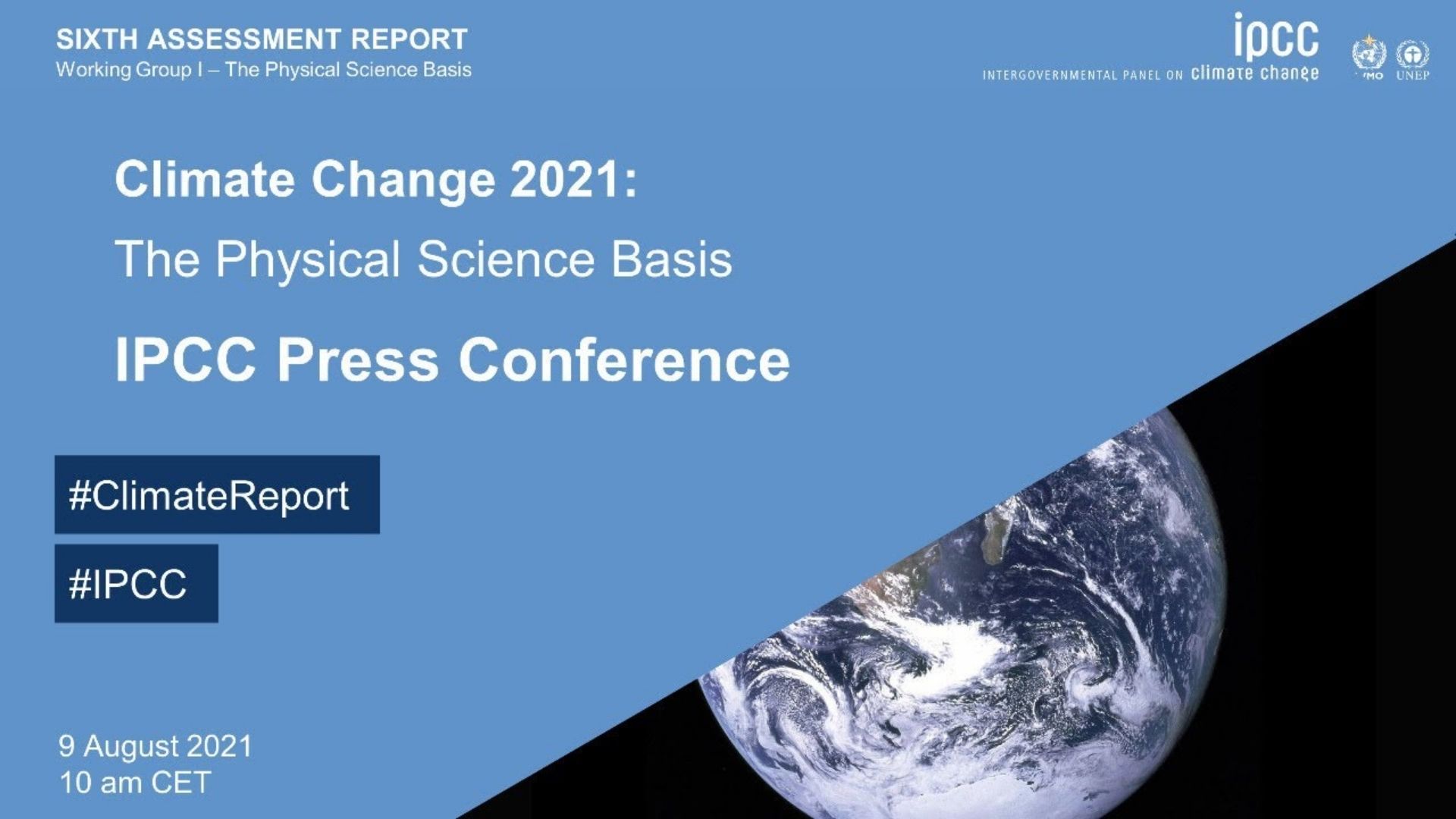After two consecutive years of intense drought in Spain, expectations regarding the grape harvest have been reduced significantly. In the current year, rainfall levels have been much lower than those we were used to during the past decade, and there are no expectations of improvement for the following months. Due to the lack of rainfall, […]
On this occasion we want to deal with one of the energies that are postulated as the energies of the future, from a circular economy perspective. Biogas is a renewable energy in which organic waste is used to produce energy that can be used for as many applications as traditional gas. In Europe, an amount […]
From AMAPEX we are very grateful for the community that we have been creating thanks to the publications that, on biotechnology in wastewater treatment, soil recovery, biogas, and the environment, we have made during 2021 on our blog. We share a summary with the most visited, commented, and shared publications of the year we made […]
There has been a debate about superbugs for some time. More recently, a published scientific article has appeared on how biological wastewater treatments can promote the development of superpathogens (a broader group that includes viruses among others). It is necessary to clarify some questions and at Amapex we want to analyze the potential repercussions that […]
Strong are the conclusions of the latest report of the Intergovernmental Panel on Climate Change (IPCC) that urges Spanish administrations and economic sectors to tackle, in the coming years, a profound economic, social and political transformation to avoid the worst effects of global warming. In this latest special report entitled “Global Warming of 1.5”, highlights […]
The demands and limits of discharges in terms of industrial wastewater are increasingly strict, forcing companies to undertake water analysis, to be able to decide the best water treatments that help eliminate – in the best of cases – or reduce the presence of polluting chemicals used in their activities. Until now, conventional wastewater treatments […]
Since the beginning of the agrarian revolution and later the industrial revolution, continental soils have been the most damaged. Industrial activity, being an activity of transformation of raw materials into manufactured materials, generates waste that can potentially harm nature. Although industrial activity is not the only one responsible for soil degradation, it is the most […]
Reduction and compaction of sludge in a wastewater treatment plant using biotechnology. In the treatment of industrial wastewater, large amounts of sludge are generated as a result, requiring its extraction to be treated or that can be used as composting. In most industrial wastewater treatment plants (WWTP), the formation and treatment of this sludge is […]
We celebrate World Water Day, but what do we have to celebrate? World Water Day is an excellent tool to reflect on this essential resource that we use every day and that we have to value every drop, trying to manage it and make the most of it. According to the latest United Nations World […]
The huge amount of pollutants from industrial activities represents a threat to the ecological and environmental balance. Chlorinated organic compounds, polycyclic aromatic hydrocarbons, pesticides, dioxins, industrial dyes, and other xenobiotics are among the most significant industrial pollutants. A great variety of these xenobiotics are substrates for different types of enzymes, consequently, susceptible to enzymatic transformation. […]










